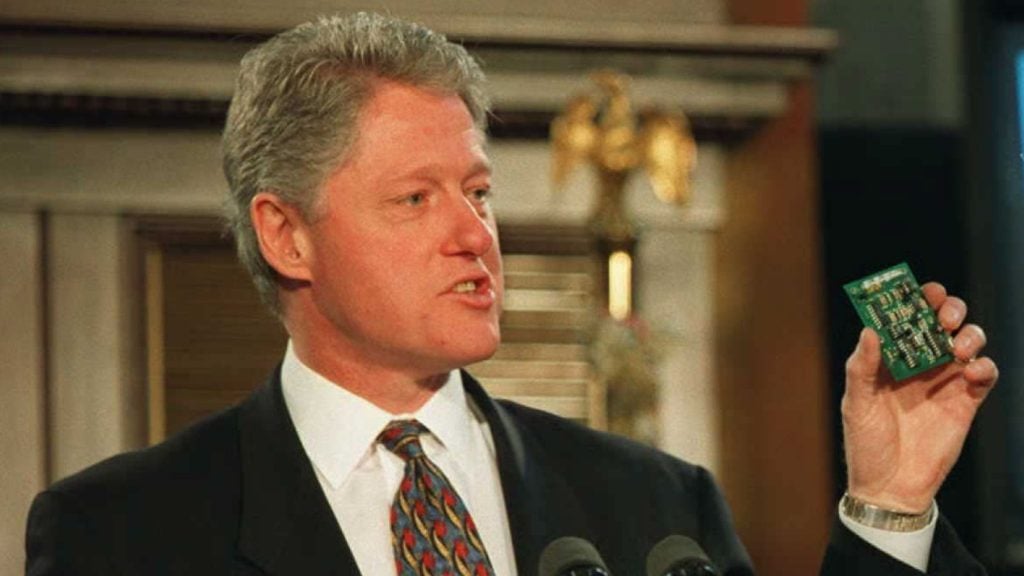A fresh campaign aimed at clamping down on online election speech is reigniting concerns about Britain’s drift toward digital censorship.
The Truth Matters initiative, recently launched by former Labour candidate Praful Nargund, is calling for electoral “disinformation” to be formally added to the Online Safety Act. This law is already heavily criticized for enabling one of the broadest peacetime crackdowns on speech in a Western democracy.
The proposed changes would give the state even more authority to control what can be said online during election periods, under the justification of protecting democracy from so-called harmful content.
But it already sets a dangerous precedent by allowing government bodies and regulators to pressure platforms into silencing lawful speech, effectively outsourcing censorship to tech companies with little transparency or oversight.
Despite these warnings, Nargund and his allies want to go further. He argues that misinformation during his 2024 parliamentary campaign contributed to his loss to independent candidate Jeremy Corbyn, saying he faced a “barrage of disinformation” that created a “climate of toxicity.”
There is already a law in place. Section 106 of the Representation of the People Act 1983 makes it a criminal offense to knowingly lie about a candidate.
For obvious reasons and concerns over free speech, enforcement is rare, but the Truth Matters campaign wants new rules that treat online posts about elections as a distinct threat requiring government intervention.
While framed as a bipartisan response to digital disinformation, the underlying logic of the campaign reflects the kind of authoritarian reasoning used by regimes that suppress political dissent under the guise of national stability.
Declaring certain forms of speech as inherently dangerous or harmful opens the door to broader crackdowns on debate, satire, political criticism, and dissent.
The Online Safety Act, which passed despite widespread objections from free speech advocates, allows regulators to pressure tech companies into removing content that may be “harmful.”
That term is so vague that it can easily be manipulated to include controversial opinions or inconvenient truths.
Expanding this framework to cover election discourse would further tighten restrictions around digital speech at a time when democratic participation depends on open and unrestricted discussion.










